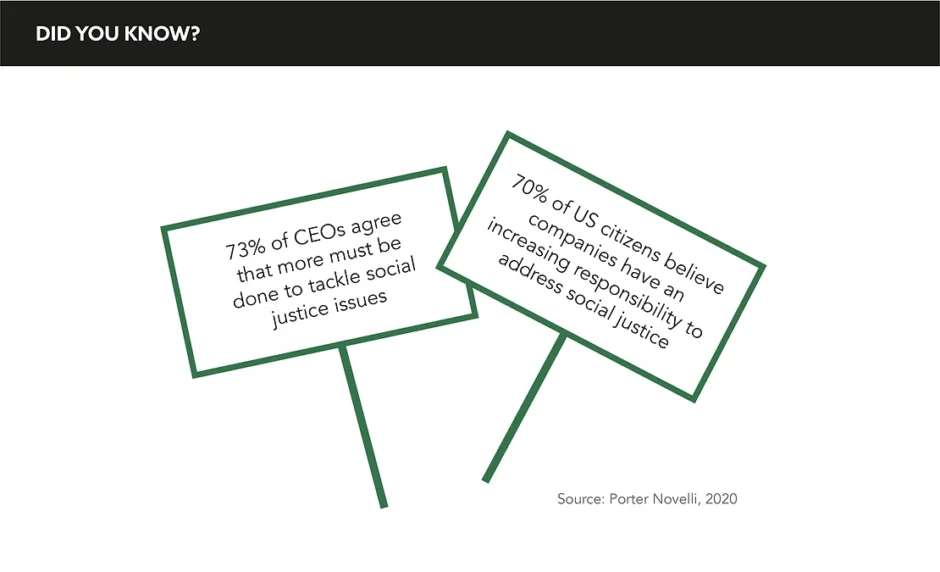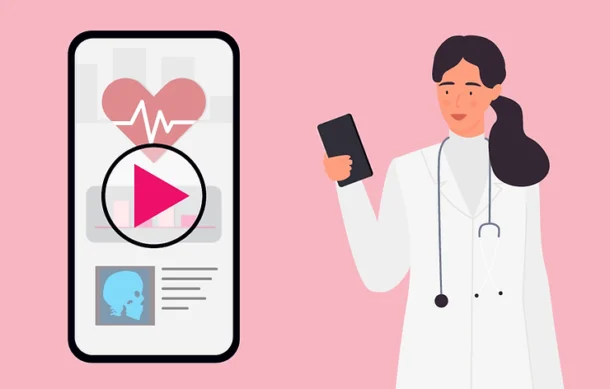Social justice is a rising priority for all industries, but particularly for the pharmaceutical sector in the wake of COVID-19 and the social inequities it unveiled. We look at how the industry is increasingly working alongside the world’s top advertising agencies to promote growth from good in their activities
Words by Isabel O’Brien
When two juggernaut industries unite, pooling their collective outlooks and expertise, the potential to influence is amplified and inevitable. While potentially controversial in some contexts, the union of pharmaceutical companies and advertising agencies has proved to be safe and productive ground. Ever since McCann opened one of the first dedicated healthcare branches of an agency in 1970, these two industries have been collaborating in abundance to improve the reach of medicines around the world as well as awareness of both prevalent and rare diseases.
While these are crucial and important missions in themselves, the tide is changing, and the quest must be expanded to take on a new, more holistic shape. “Generations are now expecting us to promote social justice and sustainability,” explains Sumant Ramachandra, President, Pharmaceuticals, and Senior Vice President, Chief Science and Technology Officer, Baxter International, at the 2021 HBA European Leadership Summit. “We are seeing our clients move towards a regenerative future,” affirms Wendy Clark, Global CEO, dentsu international, and Executive Officer, Dentsu Group, speaking at Cannes Lions Live 2021. “They are not running growth and good in parallel; they’re really moving to a growth from good outcome.”
Generations are now expecting us to promote social justice and sustainability
While many pharma companies have held strong values on ethical issues such as climate change and health inequities for some time, Lisa O’Sullivan, Growth Lead, Global Health, Porter Novelli, comments that these approaches are handled “sometimes without fanfare” and that “there is much more opportunity for industry to be much more integrated and amplified in communicating the extent of its commitment to societal impact and purpose at corporate, franchise, and brand levels.”
A new trend that has spiked during the pandemic is leaders taking a stand on matters pertaining to social justice on social media. “They are now starting to comment; you’re seeing CEOs, board of directors, and other executives go on to social platforms, like LinkedIn or their websites, talking about social justice,” says Ramachandra. It will be key for companies to partner with agencies to drive their commitment to these values further, fulfilling their own objectives but also that of the agencies. “We can’t fix things if we are not part of the solution. We can sit on the side-lines and criticise, or we can partner with companies and help them tackle these really challenging problems,” says Clark.
This will often involve taking the messages the company has already been creating and amplifying them, using creativity to reach a broader audience. “The winners are those who are bold, nimble, and that have a bedrock of razor-sharp analytics to detect trends and capitalise on opportunities,” says O’Sullivan. Data from Cannes Lions Live 2021 exhibited that creativity is thriving in pharma campaigns right now, with entries into the craft category increasing to be 40% of all entries, compared to 13% in 2015.
Not only is diversifying communications morally right, but it makes sound business sense too. “We know 90% of HCPs will prescribe a brand (aside from price, efficacy, and safety data) over another based on how that company demonstrates its purpose,” says O’Sullivan. “In so many competitive disease spaces, differentiating through commitment to mandatory purpose (e.g. sustainability in supply chain; environmental, social, and governance; donations of medicines; access to medicines; gender pay gap; and system catalysing purpose), things like addressing societal unmet needs, health equity (diversity, equity, and inclusion), and proactive collaboration with stakeholders, is critical.” By demonstrating purpose, a company can win advocates in HCPs, using their power for good, while also furthering the prescription of their medicines.
The upshots are plentiful, but collaborations seeking to promote social justice will not succeed unless company and agency are aligned on their values. “We would turn down business if we didn’t have a values connection with a company, if we did not think they were serious about their objectives and serious about their commitments,” says Clark. “Like-minded agencies to partner with can be the difference between success and failure,” agrees O’Sullivan. This means that pharma companies looking to speak up in this arena must choose their partner carefully to ensure maximum impact is attained.
The combined power of the pharmaceutical industry and advertising world is mighty, which is why a joint forage into social justice resonates as profoundly important. “Shared pragmatism, proactivity, bravery, and shared purpose are the new values of agency–client collaboration,” asserts O’Sullivan. Mark Read, CEO, WPP, concludes: “Companies that want to do the right thing should be able to communicate that to their customers. After all, our business can change attitudes and perceptions.”







